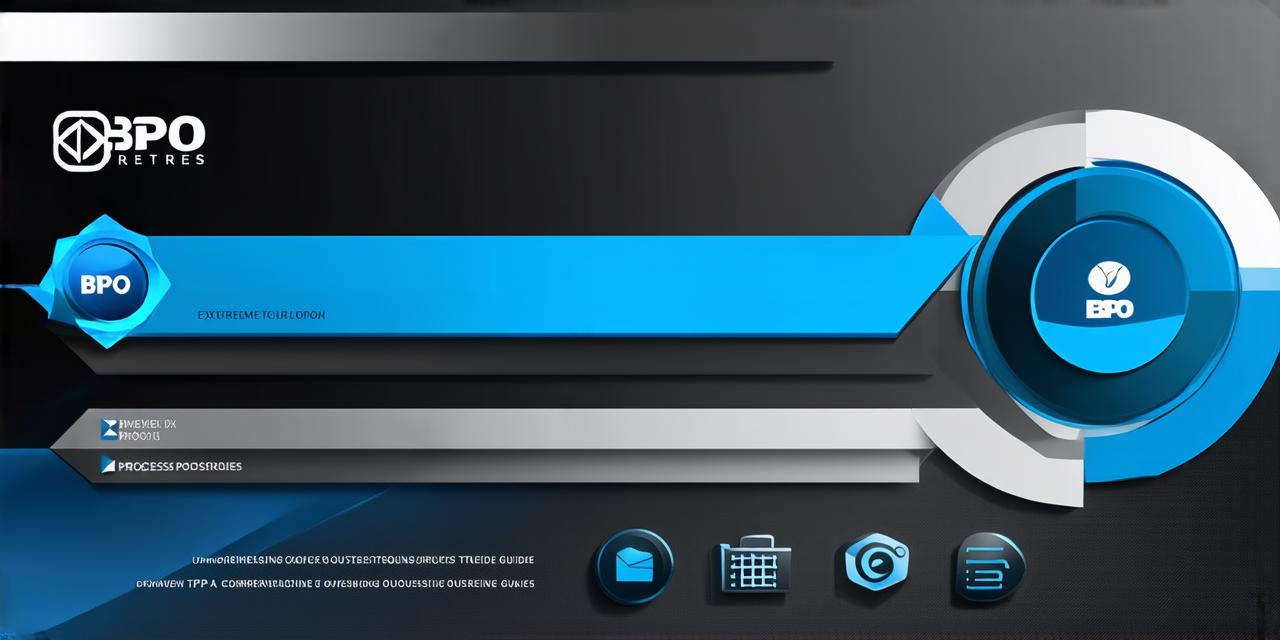Understanding Business Process Outsourcing: A Comprehensive Guide in PDF Format
BlogTable of Contents
ToggleBusiness Process Outsourcing (BPO)
Business process outsourcing (BPO) is a practice that organizations use to outsource certain business processes to third-party providers. BPO can be an effective way to reduce costs, improve efficiency, and gain access to specialized expertise.
What is Business Process Outsourcing?
BPO involves outsourcing one or more business processes to a third-party provider. These processes can include customer service, accounting, finance, human resources, IT, and more. The goal of BPO is to reduce costs and improve efficiency by leveraging the expertise and resources of an external provider.
Benefits of Business Process Outsourcing
There are several benefits to consider when deciding whether to engage in BPO:
- Cost Savings: One of the primary reasons organizations outsource business processes is to reduce costs. By outsourcing to a third-party provider, organizations can reduce labor and overhead costs, as well as eliminate the need for expensive equipment and software.
- Improved Efficiency: Outsourcing certain business processes to a third-party provider can improve efficiency by freeing up internal resources to focus on core competencies. This can help organizations to streamline operations, increase productivity, and reduce errors.
- Access to Specialized Expertise: Third-party providers often have specialized expertise that may not be available within an organization. By outsourcing certain processes, organizations can gain access to this expertise and improve the quality of their operations.
- Flexibility: BPO can provide organizations with greater flexibility in terms of staffing and resources. For example, if demand for a particular process increases, an organization can quickly scale up its outsourcing efforts without having to hire additional internal staff.
Drawbacks of Business Process Outsourcing
While BPO can provide significant benefits, there are also some potential drawbacks to consider:
- Loss of Control: When outsourcing certain business processes, organizations may lose some degree of control over those processes. This can be a concern for organizations that value tight control over their operations and may not be comfortable with the idea of relinquishing some level of control to an external provider.
- Communication Challenges: Effective communication is critical to the success of any outsourcing relationship. However, communication challenges can arise when working with an external provider, particularly if there are language or cultural barriers.
- Quality Concerns: Organizations may be concerned about the quality of work produced by an external provider. While third-party providers often have specialized expertise, they may not always meet an organization’s exacting standards
- Data Security: When outsourcing certain business processes, organizations must ensure that their sensitive data is protected by the third-party provider. This can be a concern for organizations that handle sensitive information such as financial or personal data.
Choosing the Right Provider for Your Organization
When choosing a provider for your organization’s BPO needs, there are several factors to consider:
- Expertise: Look for a provider with specialized expertise in the processes you need to outsource. This will help ensure that you receive high-quality work and that the provider has the resources and knowledge needed to meet your specific needs.
- Communication: Effective communication is critical to the success of any outsourcing relationship. Look for a provider that values open and transparent communication and that has a track record of working closely with their clients.
- Reputation: Research the reputation of the provider you are considering.

